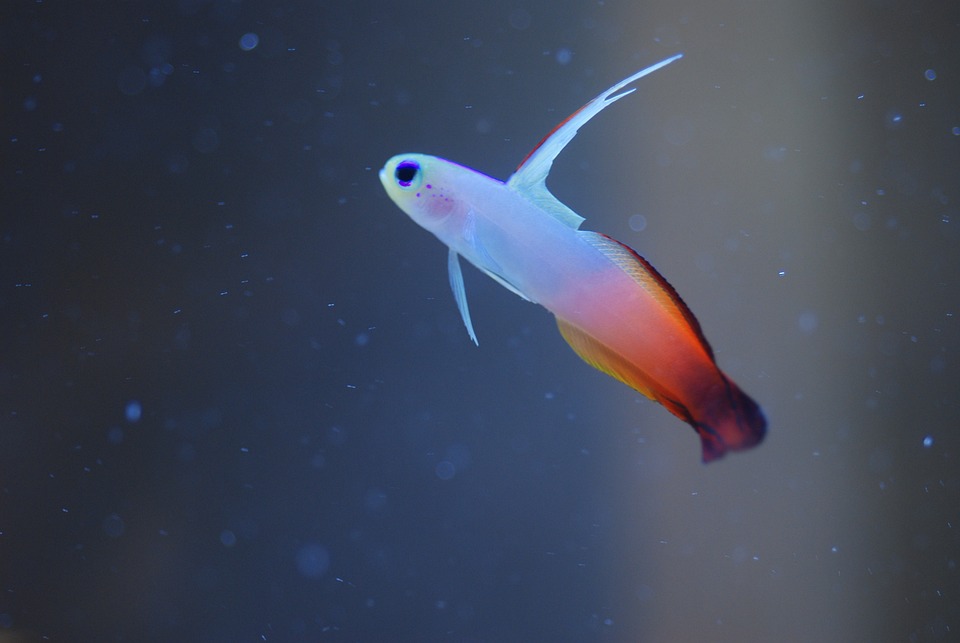Fish Care: How to Keep Your Fish Tank Equipment in Good Working Condition
As a fish enthusiast, it’s crucial to maintain a clean and healthy environment for your aquatic friends. One aspect often overlooked is the proper care and maintenance of your fish tank equipment. Neglecting this can lead to malfunctions, poor water quality, and ultimately endanger the health of your fish. To ensure your fish tank equipment remains in good working condition, follow these essential tips:
1. Regular Cleaning and Maintenance
Regular cleaning and maintenance of your fish tank equipment is vital to ensure its longevity and proper functioning. Here are some key steps to follow:
1.1. Filter Maintenance
– Clean the filter regularly: Depending on your filter type, you may need to clean or replace the filter media every 2-4 weeks. Check the manufacturer’s instructions for specific guidance.
– Rinse with tank water: When cleaning the filter media, always use water from the tank itself. Avoid using tap water, as it may contain chlorine or other chemicals harmful to your fish.
– Maintain the impeller: Clean the impeller and impeller housing to prevent clogs that can lead to reduced water flow. Gently remove any debris or buildup using a soft brush or toothbrush.
1.2. Heater Care
– Check temperature accuracy: Use a reliable aquarium thermometer to monitor the water temperature regularly. If you notice significant discrepancies between the set temperature and the actual water temperature, it’s time to replace the heater.
– Clean the heater: Over time, mineral deposits may accumulate on the heater, affecting its efficiency. Switch off the heater, unplug it from the power source, and carefully clean it using a soft cloth or sponge.
1.3. Air Pump Maintenance
– Clean the air pump: Dust and debris can accumulate on the air pump, reducing its effectiveness. Clean the air pump regularly by gently wiping it with a damp cloth. Never submerge the pump in water.
– Replace worn-out parts: If you notice decreased airflow or unusual noises coming from the air pump, inspect the check valves, diaphragms, and air stones. Replace any worn-out or damaged parts promptly.
2. Proper Placement and Ventilation
The placement of your fish tank equipment plays a significant role in its performance and longevity. Consider the following advice:
2.1. Filters and Heaters
– Avoid direct sunlight: Excessive sunlight exposure can lead to algae growth and temperature fluctuations. Place your aquarium away from direct sunlight or use blinds or curtains to block the rays.
– Provide ample space: Ensure there is enough space around the filter and heater for proper ventilation. Crowding them with decorations or other equipment can hinder their performance.
2.2. Air Pumps
– Secure placement: Place the air pump on a stable surface above the water level to prevent water from flowing back into the unit. This helps avoid water damage and potential electrical hazards.
– Noise reduction: To reduce noise produced by the air pump’s vibrations, place it on a soft, non-slip material like a rubber mat.
3. Frequently Asked Questions (FAQs)
To address common concerns about fish tank equipment care, here are some frequently asked questions:
Q1. How often should I clean the filter?
A1. Cleaning the filter depends on several factors, including the size of your tank, the number of fish, and the filter’s type. As a general rule, check the manufacturer’s instructions for recommended cleaning intervals. However, a monthly cleaning is a good starting point.
Q2. Can I use tap water to clean the equipment?
A2. Tap water may contain chlorine and other harmful chemicals that can harm your fish. Always use water from the tank itself or treat tap water with a dechlorinator solution before cleaning your equipment.
Q3. How do I know if my heater is functioning correctly?
A3. Regularly monitor the water temperature using a reliable aquarium thermometer. If the temperature varies significantly from your set temperature or the water becomes too cold or too hot for your fish’s needs, it may indicate a faulty heater that requires replacement.
Q4. Why is my air pump making loud noises?
A4. Loud noises from an air pump could indicate a problem with the check valves, diaphragms, or air stones. Inspect these components and replace any damaged or worn-out parts.
By following these tips and practicing regular maintenance, you’ll ensure your fish tank equipment remains in good working condition, providing a healthy and thriving environment for your beloved aquatic companions. Remember, a well-maintained aquarium is a happy aquarium!









